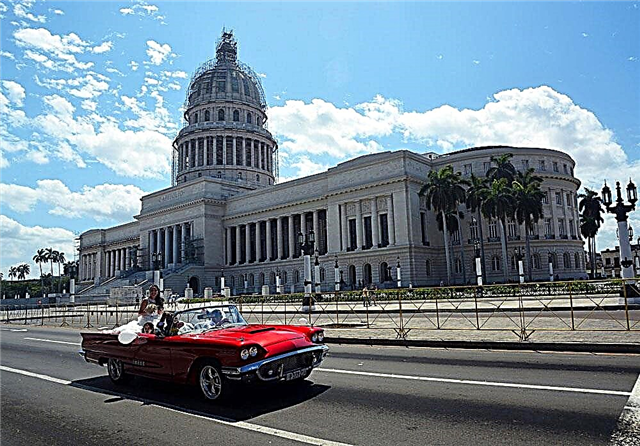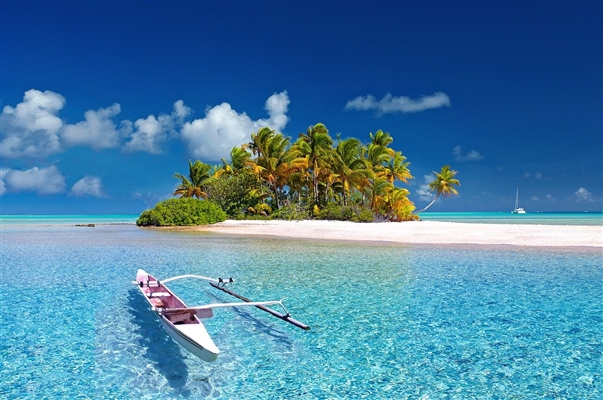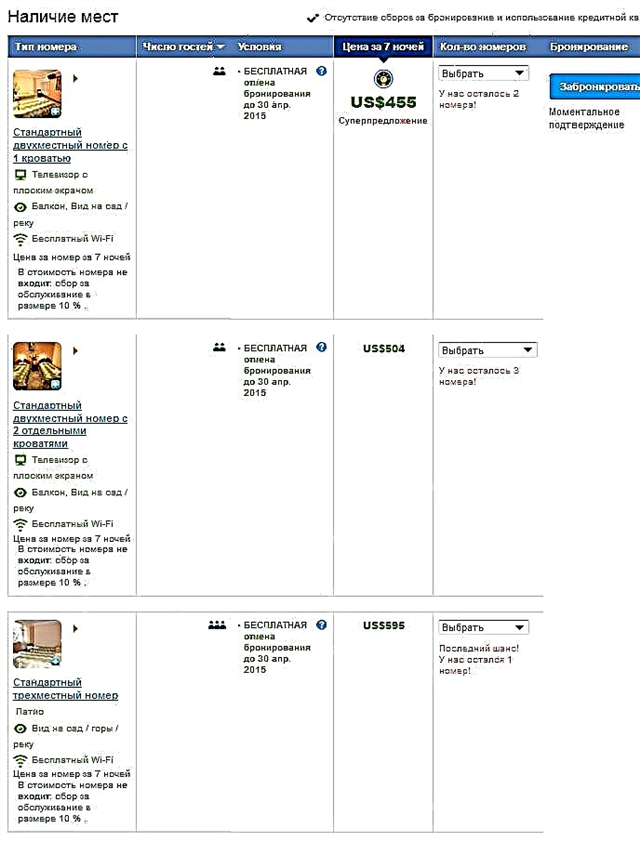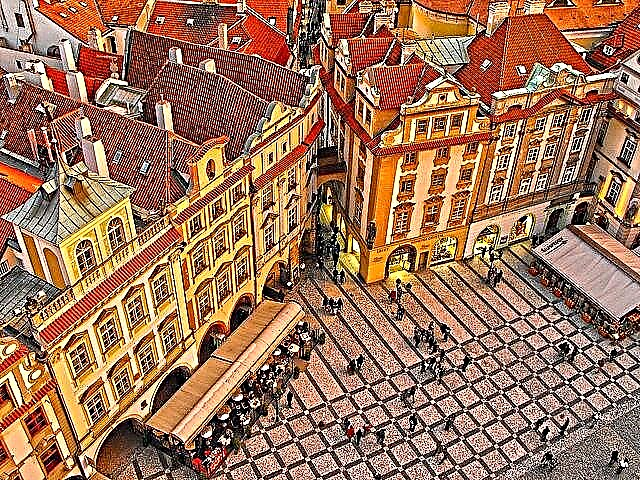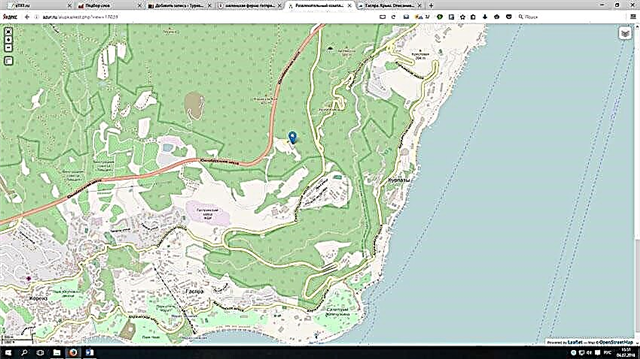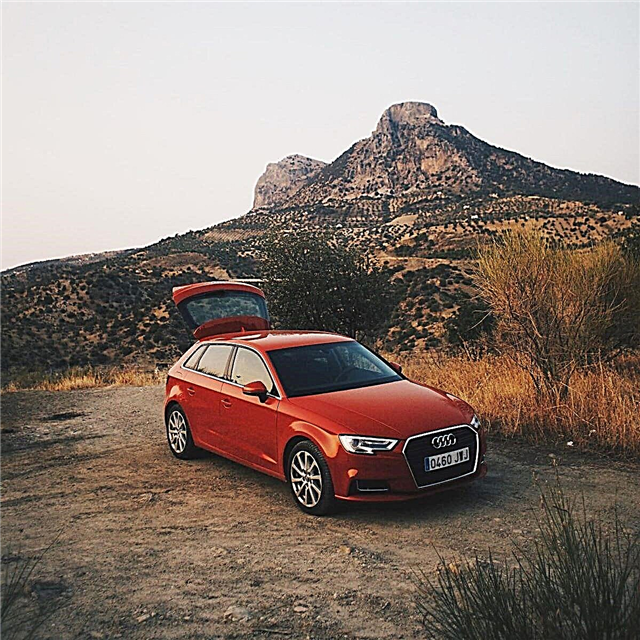
Traveling in Spain by car is a dream of many tourists. We will tell you how to rent a car and what to save on, about the features of Spanish roads and parking lots, gas stations and campgrounds, as well as rental prices in 2021.
There are many interesting places in the country, so only a few tourists spend their holidays in one place. Some people like to get around by buses and trains, while others prefer to rent a car in Spain.
Where is the best place to rent a car in Spain
There are many rental offices in Spain. International and local firms are sure to work near airports and major train stations.
Airports. This is the most popular rental location because it is convenient: arriving, renting, leaving. You can check in there before departure. It happens that some rental offices are located at a distance from the airport terminals. In this case, firms offer free shuttles to offices.
Railway stations... In Barcelona, Madrid, Valencia, Malaga and Seville, rental offices are usually used, which are located near the railway stations.
Websites... It is convenient to rent a car for travel in Spain on the Rentalcars.com website - it will save time and money.
Many offices are ready to deliver the car wherever you say. However, this service costs at least 30 €.

Features of car rental
Car rental in Spain in 2021 has many nuances.
Requirements simple. The driver must be over 21 years old and have at least one year of experience. In some rental offices, the age is raised to 23 years. Driving a car with an engine over 1.9 l is trusted only by those over 25 years old.
We need national rights, and they must have inscriptions duplicated in English. Some firms are asked to show international rights. In any case, an international driver's license will not be superfluous, as it may be required in the event of an accident.
Which car to choose... It depends on taste and financial capabilities. There are cars with manual and automatic transmissions running on gasoline or diesel. The cheapest cars are small cars such as Toyota Aygo or Fiat 500, in which it is convenient to travel together with small luggage. The most expensive are mobile homes, the rent of which is paid from 200 € per day. Mobile "hotels" are extremely popular with Europeans.
What to look for. Additional services are paid separately. If you want to return the car to the wrong place where you took it, you will have to pay from 20 €. Some companies charge money for the possibility of returning the car outside of working hours. For example, for an employee to pick up a car at night, you need to pay from 20 to 80 €.

Car rental prices
The cost depends on the type of car, season, rental location, insurance, fuel price, deductible or deposit and additional services.
How to pay. A prerequisite for renting a car in Spain in 2021 is to have a card issued for the driver. Cash is not accepted. The amount of the deposit is reserved on the card, if necessary.
Where is it cheaper. In rental offices at airports, you sometimes have to pay an additional fee - 20-60 €. However, even taking into account it, the rental at the airports is the cheapest. At railway stations and in cities, it is usually 15-20% more expensive.
How to save... The highest price for car rental in Spain is asked in the summer - at the peak of the tourist season. Cheaper in winter. The cost of a car of one class can vary from 2 € to 40 € per day.
Rent a car online through the Rentalcars.com service, you can book in advance and without overpayments.
If you book in advance, you can save up to 50%. On the spot, it is more profitable to take a car in large tourist centers, where the competition between rental offices is higher, as well as to arrange a rental in local companies.
Tourists with small children can save money on child seats - take them from home. They are accepted on the plane free of charge in excess of the established baggage allowance.
If you book a car in Barcelona in 1.5 months, the cost of a weekly rental of an economy class car with minimum insurance will be only 3-4 € per day.
Details about car rental in Spain
Car insurance
Compulsory insurance, or CDW, is always included in the rental price. It does not cover minor damage to the car, for example, scratches from scooters and bicycles, so the rental companies take a deposit or a franchise.
The amount of the deposit is different. For budget cars - € 500-1000. With regard to the franchise, tourists leave a lot of unflattering reviews, because not everyone manages to get the money left behind.
How to rent a car in Spain without a franchise? In order not to pay the deposit, you need to take out full insurance for the car. This can be done at the rental company or on the website. Full insurance for a week, depending on the class of the car, costs from 80 € to 200 €.

Is it safe to travel in Spain by car
Autotrip in Spain is not difficult, with the exception of mountain roads in the mainland and islands. They are distinguished by steep ascents and descents, narrow places, serpentines and heavy fogs. It is better to ride on mountain trails for those who have experience of driving in the mountains.
Another feature of Spanish roads is the large number of cyclists. When overtaking a person riding a bicycle, you must maintain a distance of more than 1.5 m, otherwise you can get a large fine.
Every year in the country there are up to 20 thousand accidents with animals. In 60% of cases, drivers run down wild animals, mostly wild boars, that have run out onto the road. The rest of the visits fall on livestock and poultry. According to Spanish law, the responsibility for such an accident lies entirely with the driver without paying the cost of the animal.

All about the roads of Spain
Spanish roads delight drivers. Right-hand traffic, and road signs and signs are clear to everyone.
Traffic rules practically do not differ from Russian ones. In urban areas, a speed of up to 50 km / h is allowed, and outside cities - up to 90 km / h. The driver and all passengers must be in the car. You cannot talk on the phone without a headset and use radar detectors.
Children under 12 are not allowed to ride in the front seat, and babies under 2 cannot be transported without special seats. Any rented car has reflective vests, in which the driver and his passengers are required to go out on the track in case of an accident.
Toll roads, or autopislas are designated by the letters AP. They account for about 1/5 of all paved roads in the country. Speed on motorways is limited to 120 km / h. Toll roads are not very popular with tourists. Highways are needed for those who want to get there faster, and tourists like to move slowly along the roads along the sea and stop in small colorful towns.
Tourists actively use only a few toll roads, for example, the AP-7 highway, which connects Barcelona and Girona. Traveling along it is not cheap - about 9 €. To travel by toll road from Barcelona to Valencia, you need to pay 36.55 €, from Madrid to Toledo - 7.55 €, and from Bilbao to Zaragoza - 32.05 €.
Toll road fares are calculated differently. You can get a ticket at the entrance and pay at the exit. You can pay in cash or by credit card upon entry or exit. The most convenient way for tourists is to pay through the manual operator.
Spanish police looks impressive! Fit young men and women in uniform and sunglasses are watching the movement. Those who have a chance to rent a car in Spain note the correctness and courtesy of the police. You can always turn to them for advice and ask for help.
Spanish drivers... The Spaniards love to drive fast. On freeways, they often drive faster than the speed limit. Local drivers drive famously along mountain serpentines.

Parking
Parking is the main problem when renting a car in Spain.
Free parking marked with white markings, but there are very few of them. If you see green line markings, drive by. This parking is for local residents only. In the parking lot with yellow lines, it is allowed to leave the car for a short time with the emergency lights on.
Paid parking indicated by blue lines. They are paid at the machines located nearby. They put money into the machine, press a button and receive a parking ticket - ticket. It needs to be placed behind the windshield. In different Spanish cities, parking prices differ, but usually they do not exceed 3 € per hour. For an incorrectly parked car or for an unpaid parking, the driver will face serious fines - from 100 to 200 €.
A pleasant surprise! In any Spanish paid parking lot, it is allowed to leave the car free of charge on weekends from 20:00 to 8:00 and during siesta from 14:00 to 16:00. In order not to be mistaken, check the free hours at the nearest parking machine.
There is another option for parking - covered parking. Prices are higher there than in street parking, but there are almost always free spaces.

Refueling and gasoline prices
In Spain, there is no 92 gasoline and leaded gasoline that we are used to. Cars are fueled here with unleaded 95, 98 and diesel fuel. Gas filling stations can be recognized by the Autogas label. Gas stations are either staffed or automatic. Only gas stations near large highways work around the clock. Card payments are accepted there at night.
In the summer of 2021, the average price for gasoline is € 1.37, and for diesel fuel - € 0.65-1.16. The cheapest gasoline is in the Canary Islands. It is allowed to carry up to 10 liters of fuel in a canister.

Camping and recreation areas
There are many Spanish highways places to rest motorists. They are equipped next to the gas station, there are cafes and toilets. There are special areas on the mountain roads where tourists can stop and admire the panorama of the mountains.
Camping in Spain it is a recreation area where you can park and rent a plot, chalet or bungalow. Infrastructure depends on the class of the campsite. At least there will be a cafe and a first-aid post. Comfortable locations have their own water parks and spa centers. A night in a cheap campsite costs 15-25 €, and in a campsite with amenities and a private pool - 85-100 €.
What things and items you need to take with you
The selection of clothes depends on the season. For traveling by car in Spain at any time of the year, a windbreaker, fleece jacket and pants, trekking boots and sunglasses will not be superfluous. Many people take a navigator from home to save on car rental in Spain.
Don't forget your gas burner and cooking utensils to cook on the go. From food it is worth taking only what does not spoil on the road. Food is best stored in plastic containers and a portable refrigerator. During the trip, a thermos with coffee or tea and a large supply of drinking water will come in handy.

Conclusions
Spain is a great country to travel on your own by car. Experienced tourists note the positive aspects of car rental in Spain:
- The car allows you to feel the country and see its non-tourist side.
- Thanks to the car, you can independently plan the travel route, save on transfers and bus tickets.
There are few disadvantages:
- It is impossible to pay for the services of rental offices in cash.
- Scanty amount of free parking.
Renting a car in Spain is not as difficult as it might seem at first glance. With careful travel preparation, many problems can be easily avoided.



